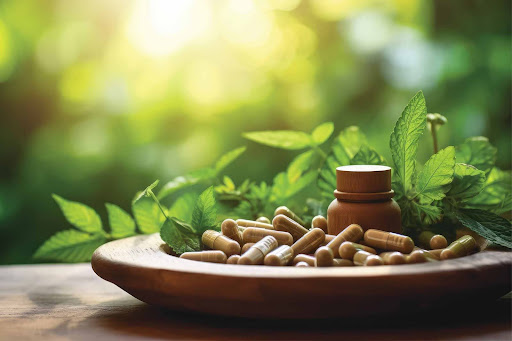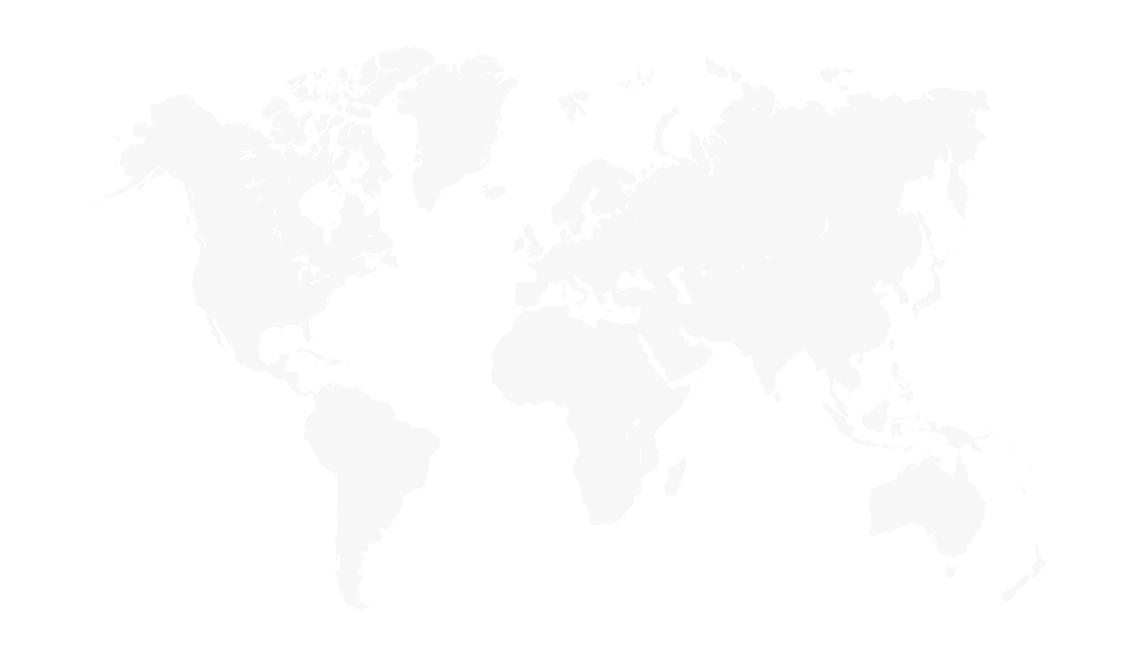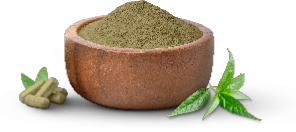An Insight into Botanical Nutraceuticals Market and its Demographical Trends

The demand for natural and holistic solutions has surged in a world where health and wellness have taken center stage. This has led to the increasing popularity of nutraceuticals, a hybrid of “nutrition” and “pharmaceuticals.” These products are derived from various sources, including botanical ingredients, and are touted for their health benefits. Among them, botanical nutraceuticals have gained significant attention due to their natural origins and advantages.
This blog delves into the demographic popularity of botanical nutraceuticals, exploring how factors such as age, gender, race, and education influence their consumption.
The Growing Popularity of Nutraceuticals
Nutraceuticals encompass a broad spectrum of products, ranging from vitamins and minerals to herbal extracts. They are often promoted for their potential to provide health benefits beyond essential nutrition. This market segment has witnessed explosive growth in recent years, driven by consumer preferences for natural and preventive healthcare options. According to a study by Mordor Intelligence, the global botanical supplement market size is projected to grow annually by 7.3% from 2020 through 2025. Botanical nutraceuticals derived from plants and herbs have emerged as a significant subset of this market, capitalizing on the appeal of traditional remedies and holistic wellness.
Age
The popularity of botanical nutraceuticals varies across different age groups. Younger consumers, particularly millennials and Gen Z, are increasingly interested in natural and plant-based products. This demographic cohort places a strong emphasis on preventive health measures. It tends to be more conscious of the potential side effects of synthetic pharmaceuticals. On the other hand, older generations are also turning to botanical nutraceuticals, seeking alternative solutions for age-related health concerns.
Gender
Gender plays a role in the preference for specific botanical nutraceuticals. For instance, herbal supplements for women often focus on ingredients like evening primrose oil, cranberry extract, and red clover, which are believed to support women’s health needs, such as hormonal balance and urinary tract health. Similarly, herbal supplements for men might emphasize ingredients like saw palmetto and Tribulus Terrestris, thought to promote prostate health and testosterone balance. On the other hand, there’s a higher demand for herbal remedies for menopause and hormonal health within the women’s segment.
Race
Different racial and ethnic groups may have varying preferences for botanical nutraceuticals based on cultural factors and historical usage of herbal remedies. For instance, certain botanical ingredients have deep roots in traditional Chinese medicine, Ayurveda, or Indigenous practices. These cultural ties can influence the popularity of specific botanicals within different racial groups. The use of botanical nutraceuticals showcasing ingredients from traditional cultural practices is notably higher among respective ethnic groups. For instance, ginseng-based products are more popular among Asian consumers. At the same time, turmeric supplements find more favor among consumers with Indian heritage.
Education
Education levels often correlate with health-conscious behaviors and adopting natural health solutions. Individuals with higher education levels are more likely to research and understand the potential benefits of botanical nutraceuticals. They might be more open to integrating these products into their daily routines as part of a holistic approach to wellness.
Major Market and Market Share
The popularity of botanical nutraceuticals can also vary significantly by region. Different countries have distinct cultural attitudes toward natural remedies and dietary supplements. For example, countries in Asia, where traditional herbal medicine has a rich history, may exhibit higher consumption rates of botanical nutraceuticals. Similarly, market share can be influenced by factors such as the availability of these products, marketing strategies, and local regulations. Europe has the largest botanical supplements market, while Asia-Pacific is the fastest-growing market.
Conclusion
The demographic popularity of botanical nutraceuticals is a multifaceted phenomenon driven by age, gender, race, education, major markets, and market share. As consumers increasingly seek natural and holistic alternatives to conventional pharmaceuticals, botanical nutraceuticals have emerged as a prominent contender in the pursuit of wellness. Whether it’s women seeking hormonal balance, men aiming to support prostate health, or individuals of all backgrounds looking to integrate traditional herbal remedies, the appeal of botanical nutraceuticals spans diverse demographics. With a growing body of research and a widening global market, the popularity of these products is expected to continue its upward trajectory, shaping the future of preventive healthcare.
Natural Remedies Human Health is one of the leading botanical ingredients suppliers with over 70 years of experience in offering high-quality botanical supplements for men and women. Our team of 45+ scientists help us stay ahead of the curve by bringing key innovations to the table without compromising traditional essence and purity. With the rapid growth of the botanical nutraceutical market, we will continue to strive and create the best ingredients with utmost quality and care.










Leave a Reply